Memberships and ESG Ratings
At the UNIQA Group, we firmly believe that protecting environmental, social, and governance (ESG) issues can only be achieved through collective efforts. Continuous knowledge exchange, increased transparency, the development of shared solutions, and the integration of best practices are essential to us.
By proudly being signatories and members of a wide range of global sustainability initiatives and principles, we have the possibility to
- Incorporate best practice sustainable development principles into our activities, products, services and investments;
- Work with and learn from our peers through open dialogue and knowledge sharing;
- Collaborate to find solutions that address local and global challenges relevant to our industry and beyond;
- Improve transparency in our own operations and across the value chain;
- Emphasizing our commitment to responsible actions that go beyond mere legal compliance.
Memberships
Science-based Targets Initiative (SBTi)
Our interim goals for reducing greenhouse gases in our investments and operational ecology by 2030 have been successfully validated by the renowned organization Science Based Targets initiative (SBTi) since December 2023. SBTi is a collaboration of environmental and climate protection organizations, including CDP (formerly Carbon Disclosure Project), United Nations Global Compact, World Resource Institute (WRI), and the World Wide Fund for Nature (WWF). The initiative defines and promotes science-based objectives, independently verifying goals set by companies. The science-based 1.5 degrees Celsius climate targets are based on a simple principle: they focus on the amount of emissions that must be reduced to achieve the goals of the Paris Agreement – limiting the global temperature increase to 1.5 degrees Celsius.For our investment portfolio, we have set interim targets for 2030 in four areas, according to the SBTi framework, which represent a total of 23 per cent of our assets under management. We focus on project financing and corporate loans for electricity generation, other long-term corporate loans, as well as listed stocks and corporate bonds. Through our engagement activities and decarbonization pathway, we will implement our Science-Based Targets by 2030.The UNIQA Group has also set SBTi interim goals for our own operations. We commit to reducing our direct Scope 1 and indirect Scope 2 greenhouse gas emissions by 42 per cent by 2030 compared to the base year 2021.
All details about our interim targets for 2030 validated by SBTi can be found in the summary:
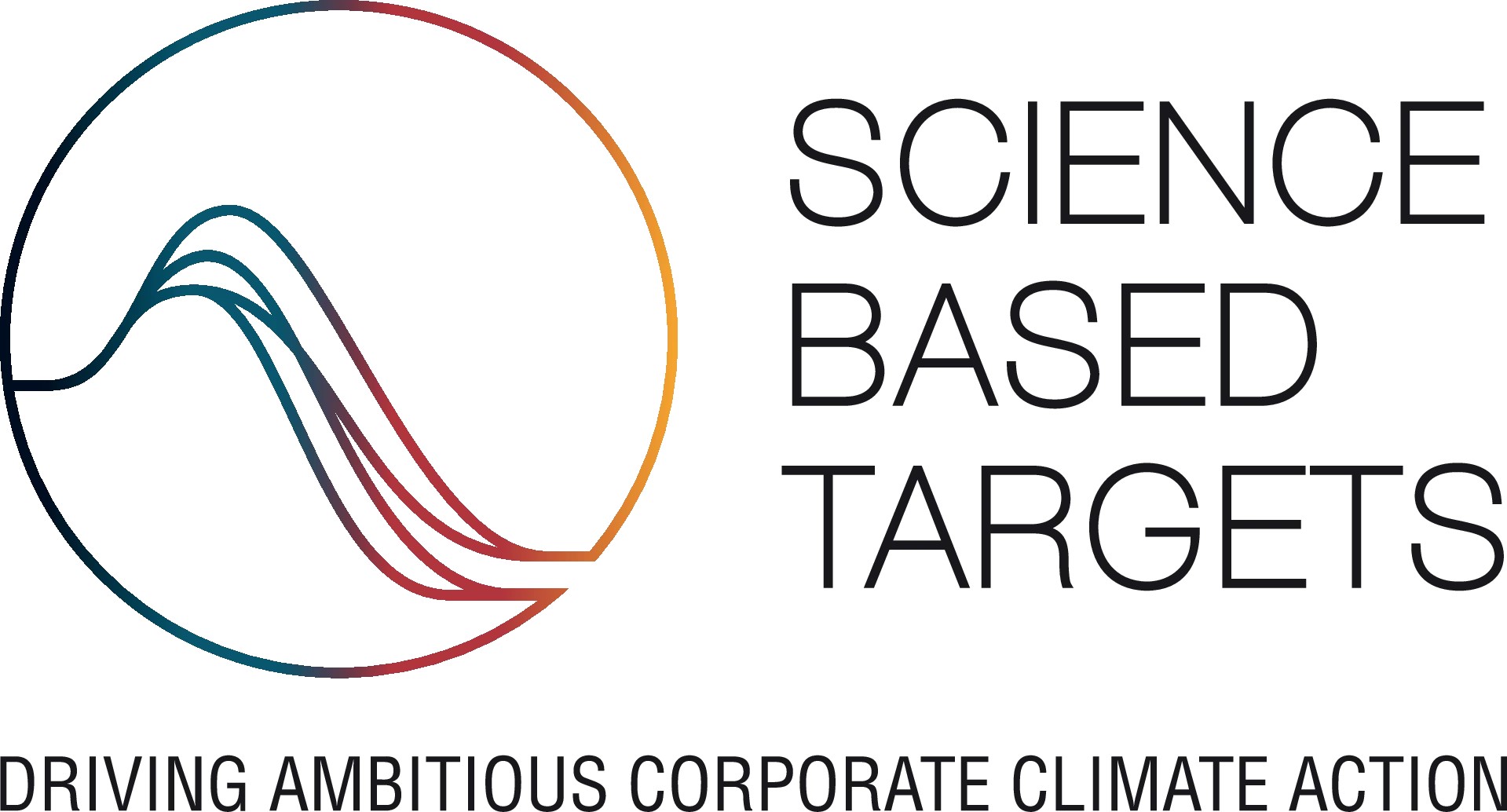
Green Finance Alliance
In April 2022, UNIQA joined the Austrian Green Finance Alliance as one of nine founding members. The initiative, launched by the Federal Ministry for Climate Action, Environment, Mobility, Innovation, and Technology (BMK), is aimed at forward-thinking financial companies. This accession comprehensively complements our existing memberships and their objectives in the area of sustainability. As one of the world's first government initiatives for a voluntary commitment of financial companies to the 1.5 degrees Celsius target of the Paris Climate Agreement, it addresses the fulfilment of concrete criteria for our core business.Members of the Green Finance Alliance take on a pioneering role in climate protection, demonstrating the compatibility of climate action and sustainable business practices. The initiative's science-based goals include clear exclusion criteria and phased exit plans for investments and insurance activities related to coal-, oil-, and gas-based value chains. The criteria mandate a phase-out of coal and oil by 2030, and of gas by 2035, expanding green business activities, and providing transparent annual climate reporting. For Green Finance Alliance members, in addition to the obligation to align the core business with the Paris climate goals, a fundamentally climate-friendly behaviour of the company is also envisaged (operational ecology). This includes, for example, a climate-friendly travel policy, the use of green electricity and sustainable procurement.
The current handbook and criteria for the Green Finance Alliance can be found here:
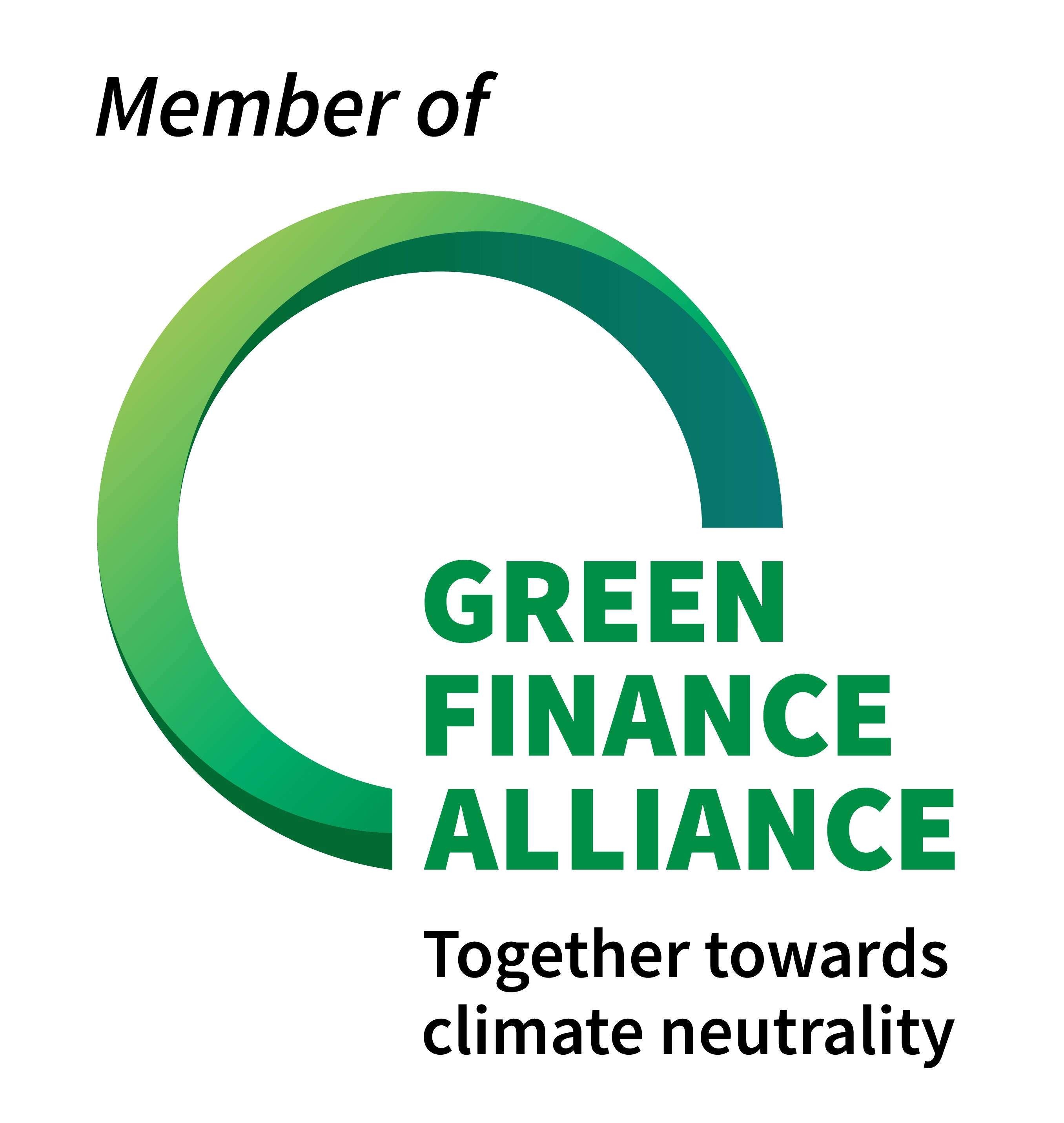
UN Global Compact
In 2020 the UNIQA Group became a signatory to the UN Global Compact (UNGC) and therefore undertakes to consistently comply with the ten principles of the UNGC, which have also been incorporated into the Group-wide Code of Conduct that reflects our corporate culture and regulates our responsibility towards customers, business partners and employees. The core areas covered by the UNGC are human rights, labour, environmental protection and anti-corruption efforts.
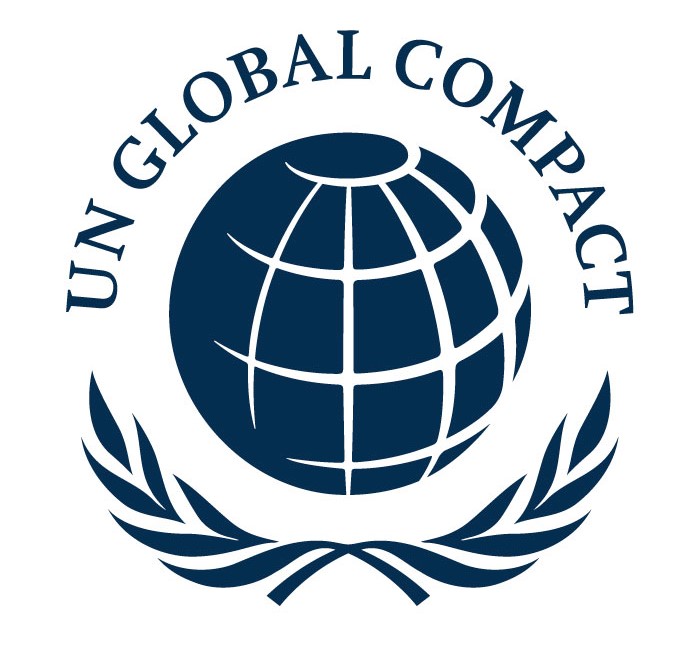
Sustainable Development Goals
The UNIQA Group also supports the Agenda 2030 for sustainable development passed by the United Nations in September 2015. At the core of this initiative are the 17 Sustainable Development Goals (SDGs), which are subdivided into 169 targets. Four SDGs are particularly relevant for the UNIQA Group: SDG 3 Good health and well-being), SDG 4 (Quality education), SDG 5 (Gender equality) and SDG 13 (Climate action).

UN Principles for Responsible Investments
In 2020 the UNIQA Group signed on to the United Nations Principles for Responsible Investments (PRI), which aim to integrate ESG principles into investment decisions and management. Our guidelines for responsible investments have helped us focus more strongly on sustainability factors in our investing activities. It has become clear that sustainable investments experienced lower fluctuations in value. We were also able to successfully cushion the effects of the persistently low interest rate environment through our cautious economic behaviour.

UN Net-Zero Asset Owner Alliance
In October 2021 UNIQA joined the United Nations' Net-Zero Asset Owner (UN NZAOA) Alliance. The Alliance is an international group of institutional investors who have committed to transitioning their investment portfolios to net-zero greenhouse gas emissions by 2050. The NZAOA represents approximately USD 10 trillion in assets under management and advocates a collective approach by investors to align portfolios with a 1.5 degrees Celsius scenario, addressing Article 2.1c of the Paris Agreement.
Our NZAOA Targets by 2030
Sub-portfolio Target
Reduce the Scope 1 and 2 carbon emission intensity for the listed equity and corporate bond portfolio of our own assets by 60 per cent by 2030 (base year 2021).
Engagement Focus
Take an active ownership approach by focusing on investees accounting for 65 per cent of financed emissions in direct equity and corporate bonds.
Climate Solution Investments Target
Maintain sustainable investments (consisting of Green, Social and Sustainability bonds as well as Renewable and Social Infrastructure Investments and SFDR Art. 9 Funds) at EUR 2 billion.
Real Estate Target
In line with our commitment to the Net Zero Asset Owner Alliance, we are striving to consistently implement 1.5 degrees Celsius sustainability targets in our existing property portfolio, in potential project developments and future acquisitions. In this context, we differentiate between owner-occupied and investment properties let to third parties. For properties in our own use (Scope 1 and 2) we target a reduction of 42 per cent by 2030 (base year 2021), which has been validated by the SBTi.
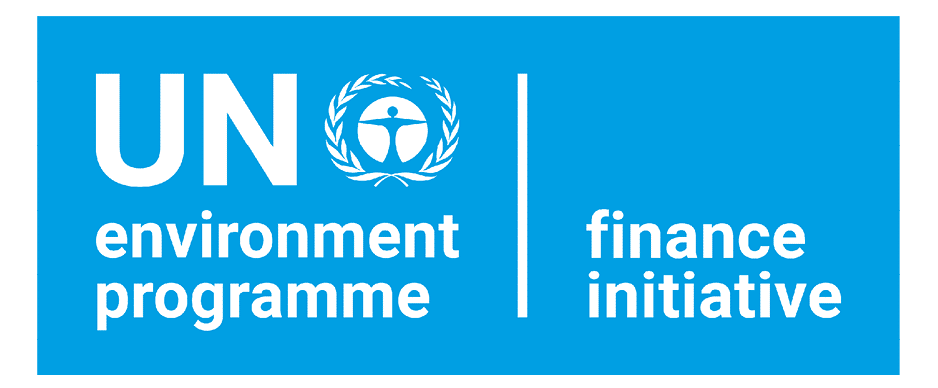
Climate Action 100+
In late 2022, the UNIQA Group joined the initiative Climate Action 100+, the world's largest investor initiative on climate change. Thereby, the UNIQA Group joins more than 700 global investors managing more than USD 68 trillion in assets under the initiative. The Climate Action 100+ commitment focuses on 170 of the world's highest-emitting companies and are therefore crucial for achieving net zero emissions. The initiative seeks to achieve three main goals:
- Implement strong corporate governance with board accountability for climate risk oversight.
- Implement actions to reduce greenhouse gas emissions throughout the value chain that are in line with the goal of the Paris Agreement.
- Improve corporate disclosure in line with the TCFD and GIC guidelines.
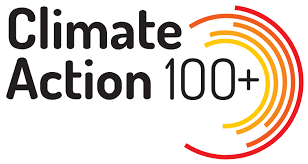
UN Principles for Sustainable Insurance
The UNIQA Goup has been a signatory of the Principles for Sustainable Insurance (PSI) of the United Nations Environment Programme Finance Initiative (UNEP FI) since 2020. The initiative serves a global framework for the insurance industry to address environmental, social and governance risks and opportunities and intends to better manage opportunities to provide quality and reliable risk protection.

Partnership for Carbon Accounting Financials (PCAF)
The UNIQA Group has been a signatory to the Partnership for Carbon Accounting Financials (PCAF) since June 2025 and is committed to measuring and disclosing the greenhouse gas emissions of financing and investment activities as well as underwriting activities in a standardised manner. The aim is to enable better emissions management through transparency, achieve climate targets, better manage climate-related risks, and contribute to the harmonisation of sustainability reporting in the financial sector.
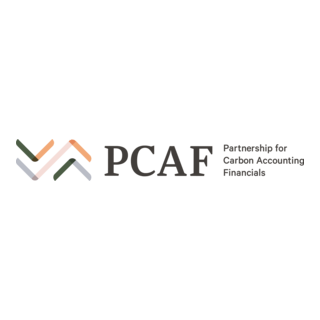
ESG Ratings
In addition to fulfilling our extensive reporting obligations, we make targeted use of external sustainability ratings to ensure transparency and promote trust among all our stakeholders - customers, employees and investors. The rating results flow into the planning of our sustainability measures year after year and are important points of orientation on our way to an emission-free and sustainable future for the UNIQA Group.
Rating / Index | 2022 | 2023 | 2024 | 2025 | Trend | |
| ISS ESG | C- | C- | C- | C- | stable | |
MSCI | BBB | BBB | BBB | BBB | stable | |
| CDP | B- | B | C | A- | improved | |
| Morningstar Sustainalytics | - | 18.9 | 18.9 | 17.1 | improved | |
VÖNIX | - | ba | B | B+ | improved | |
S&P Global | 38 | 41 | 43 | 49 | improved |
ISS ESG
In 2020, the UNIQA Group participated for the first time in the annual ESG sustainability rating of the agency ISS - Institutional Shareholder Services. This rating takes into account not only environmental factors, but also social and governance issues.
With a rating of C-, the UNIQA Group is just below the threshold for the “Prime” segment. Even with a C- rating, the UNIQA Group is still among the top 20 percent of all insurance companies assessed.
MSCI ESG
MSCI ESG Research provides MSCI ESG ratings for global listed and some private companies on a scale from AAA (leading) to CCC (lagging), depending on exposure to industry-specific ESG risks and ability to manage those risks relative to peers. The UNIQA Group successfully maintains its BBB rating.

Carbon Disclosure Project (CDP)
The Carbon Disclosure Project (CDP) is an international non-profit organisation that analyses and evaluates the climate-related positioning of companies and their management of climate risks and opportunities according to an established and recognised methodology. The coveted CDP rating provides a framework for countries, organisations and companies to orient themselves when planning ESG initiatives. The UNIQA Group underwent a comprehensive assessment for the first time in 2020 and is striving to continuously improve its rating.
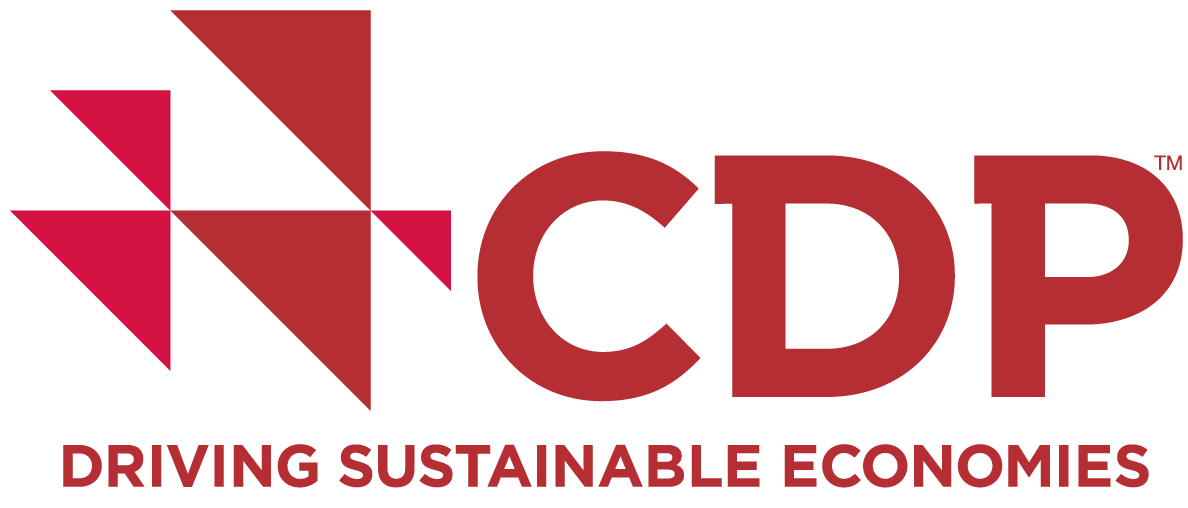
Morningstar Sustainalytics
The Sustainalytics ESG Rating assesses a company's environmental, social and governance (ESG) performance by evaluating its exposure to and management of industry-specific material ESG risks. The rating provides clear insights into ESG risk at the company level by measuring the extent of an organisation's unmanaged ESG risk. The UNIQA Group has improved significantly in recent years and achieved a score of <19, which corresponds to a rating of ‘low risk’.
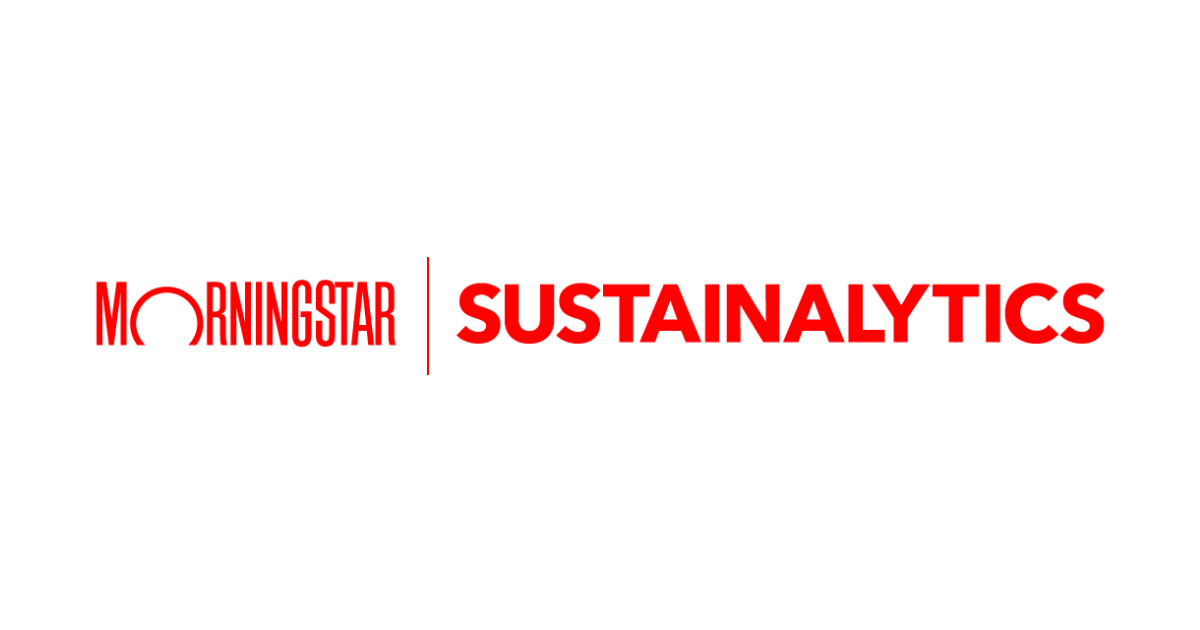
VÖNIX
The VÖNIX (VBV Austrian Sustainability Index) is an Austrian sustainability index comprising companies listed on the Vienna Stock Exchange that are leaders in terms of social and ecological criteria. The index was introduced in 2005 and is recompiled annually on the basis of a comprehensive analysis. The UNIQA Group is part of this index and was given an indicative rating of B+.
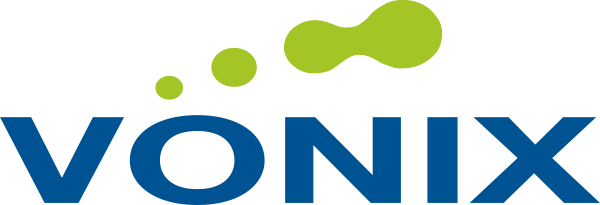
S&P Global
The S&P Global ESG score measures a company's performance in terms of material ESG risks, opportunities and impacts and their management (from 0 poor to 100 very good). It is based on a combination of company disclosures, media and stakeholder analyses and modelling approaches. The UNIQA Group has achieved a score of 49.
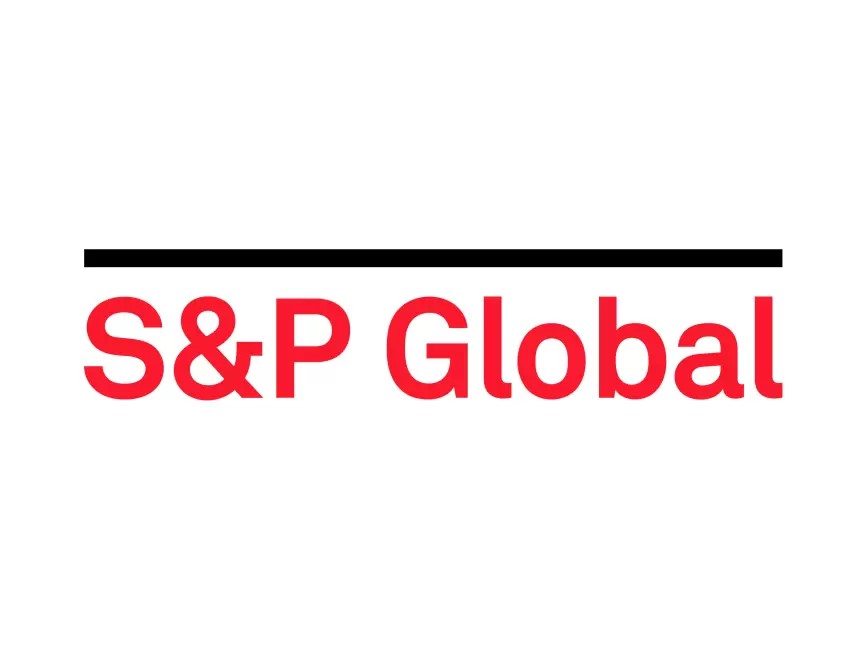
Transparent reporting
The UNIQA Grou bases its sustainability reporting on both mandatory and voluntary international standards and guidelines. Our annual Sustainability Report provides a comprehensive overview of our commitment to and progress on our key sustainability issues.
Sustainability reporting from 2025
From 2025 (for the 2024 financial year), the UNIQA Group is obliged to prepare comprehensive sustainability reporting in accordance with the Corporate Sustainability Reporting Directive (CSRD) and the underlying European Sustainability Reporting Standards (ESRS). This directive significantly expands the reporting obligations and requires detailed information on sustainability practices to be disclosed. In this way, this EU directive can not only ensure a more balanced, transparent and consistent disclosure of sustainability information, but also lead to increased sustainability management. The sustainability report will therefore be integrated into the UNIQA Group Report.
Data and verification
In order to improve the quality of our sustainability reporting, our (consolidated) non-financial statement (financial year 2024) and our sustainability reports have been audited by PricewaterhouseCoopers GmbH Wirtschaftsprüfungsgesellschaft (PwC) since the 2019 reporting year.
